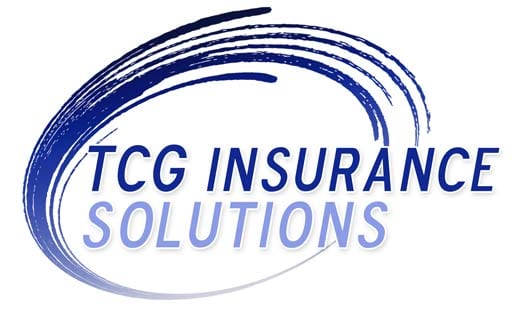Retirement is a significant life event that requires careful planning to ensure a fulfilling and comfortable future. Discover the key strategies that every retiree should embrace to navigate this phase of life with confidence and success.
Lifestyle Plans
It’s essential to think about how you’ll spend your time and stay engaged in meaningful activities during this period. Consider your hobbies, interests, and any new pursuits you’d like to explore. You may also want to think about your health and wellness goals for retirement. Consider creating a regular exercise routine or joining a local group fitness class. Think about the types of foods you’ll eat, how often you’ll schedule doctor appointments, and other healthy habits to incorporate into your lifestyle. Retirement can often mean a loss of daily interactions with coworkers and friends, so it’s crucial to think about ways to stay connected and build new relationships. Consider joining community organizations or clubs that align with your interests, volunteering in your local area, or even traveling with loved ones. Whether it’s traveling, volunteering, taking up a new hobby, or spending more time with family and friends, having a plan for how you’ll fill your days will give structure and purpose to your retirement.
Healthcare Plans
Healthcare planning is a critical aspect of retirement preparation. Understand your healthcare options, including Medicare plans, supplemental insurance, and long-term care coverage. It’s important to anticipate and plan for potential health needs as you age. Consider end-of-life healthcare planning. Discuss your preferences for medical treatment and quality of life with your loved ones and medical professionals. Planning for home care during the end-of-life stage can be more comfortable than a hospital. It’s essential to keep your family well-informed and be proactive about the type of care you would like to receive. Other factors that can affect healthcare planning include out-of-pocket costs, prescription coverage, and dental and vision care. As you research different plans, compare costs and benefits to determine which plan is the most suitable for your needs. Don’t forget to consider potential changes in your health and any necessary adjustments to your coverage. Remember that taking care of your health is just as important as financial planning in retirement.
Estate Planning
Estate planning involves organizing and structuring your assets and affairs to ensure a smooth transition of your estate to your heirs and beneficiaries. Create a will to outline how you want your assets distributed and appoint an executor to carry out your wishes. Consider establishing a trust to protect assets and provide for family members. Make sure you have designated beneficiaries for your retirement accounts, life insurance policies, and other important financial assets. Estate planning ensures your wishes are respected and minimizes confusion and disputes among your heirs. It also helps minimize taxes and other expenses that may diminish the value of your estate. It’s also important to communicate your wishes with your loved ones. This can help avoid confusion and potential conflicts after your passing. It may also be helpful to discuss any healthcare or end-of-life decisions with your family and ensure they are aware of your wishes.
Retirement planning encompasses various aspects beyond financial considerations. By proactively addressing these critical areas of planning, retirees can enjoy a fulfilling and worry-free retirement.
Did You Enjoy Reading This Article? Here’s More to Read: Tools for Affording Medical Care in Retirement


